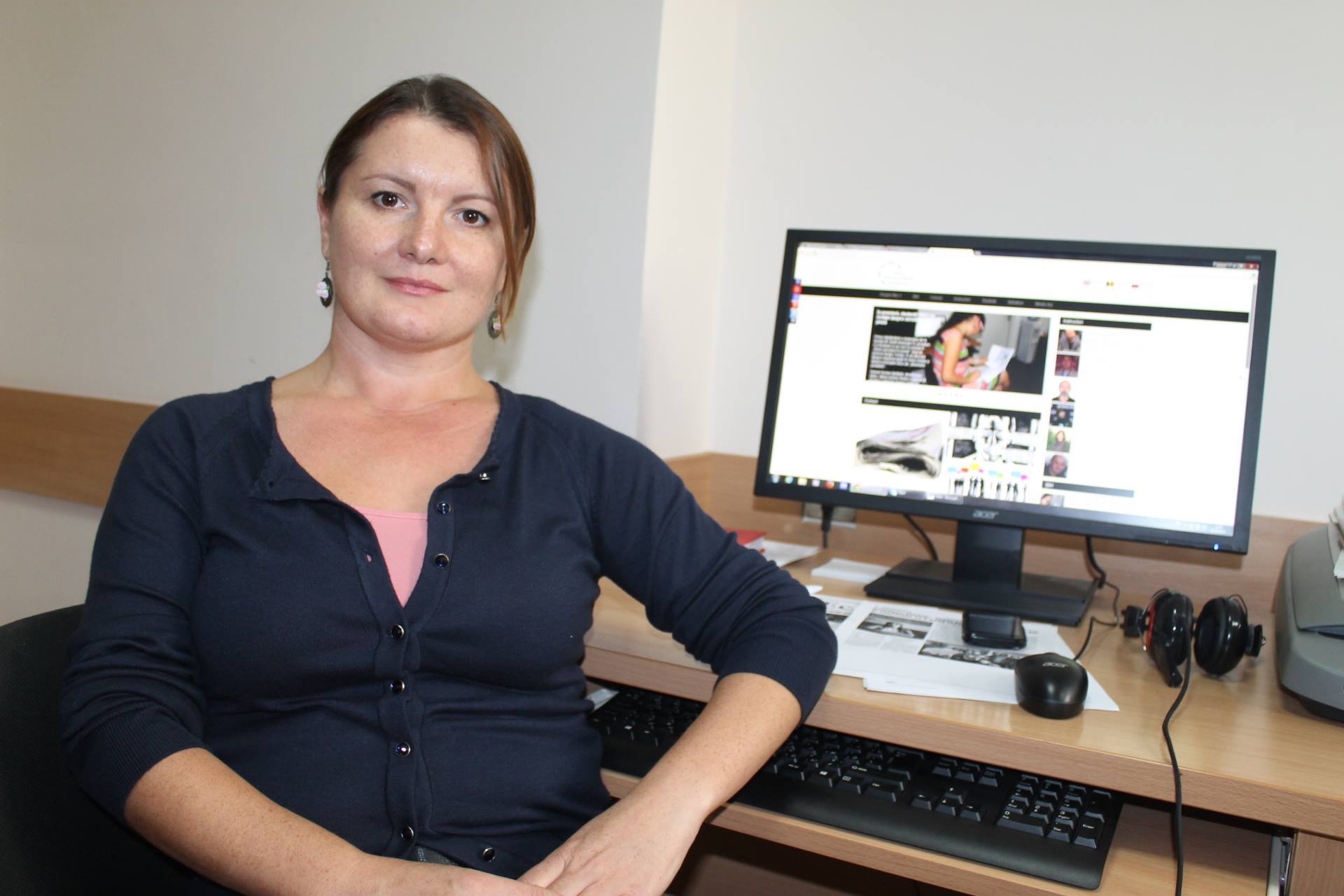”CSAJ training was trendy. Media people, when hearing about CSAJ, would react in the same way: ”CSAJ? Oh, yes...”
I joined SAJ several years after graduation, with some baggage of real-life experience. I decided to reformat my knowledge. I should admit that I applied due to the encouragement of the circle of creative energetic people with strong ethics that surrounded me: they either wanted to join SAJ themselves or had already graduated from it. Studying at SAJ was trendy. Media people, when hearing about SAJ, would react in the same way: 'SAJ? Oh, yes...' SAJ trainers, who are widely known as outstanding professionals, are the School's main asset. Another one is the Western training model, when one is told: 'Do you truly want to be a journalist? Forget about high heels, take your recorder and go to the field. From the very first day.'
I was longing for such communication. For the sake of SAJ, I had to give up one of my sources of income, namely my job as editor of a wedding magazine, in the middle of the school year. I did it and have never regretted it.
There were plenty of things I took from the training and plenty of things I contributed. I learned about everything new in journalism there, I acquired the skill of identifying the behavior patterns of audiences and of the media; at the very least, I have less trouble in identifying them than I used to. SAJ is a source of treasured memories and experience that cannot be acquired at any other school in this country. Besides, the School introduced me to people with whom I keep in touch, fellows who are on the same wavelength with me, the ones who would listen to our comments if we notice any journalistic blunders. And they do not mind out telling them. All bad spirits, door banging, brain burnt for the sake of meeting a deadline have been left behind, in the office on 49 Tighina Street.
Once you graduate from SAJ you never dare to play with the fate of person, you get used to doubting everything, to writing texts that would be easily understood by your Grandma and to answering the questions that might arise.' You jot down on the front page of your planner 'ethics and deontology', then add a bit below 'your opinion does not matter, look for evidence', followed by the words 'at least three sources', and you are good to go.
At that very moment, journalism becomes a way of life, which you accept as long as it provides moral satisfaction and the freedom to put an issue in the spotlight.

